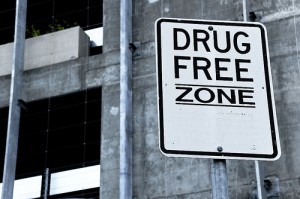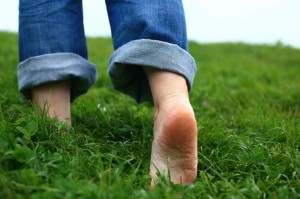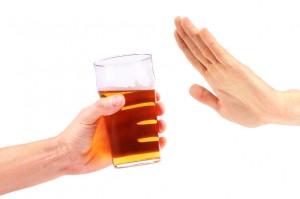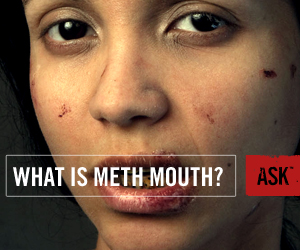Many people don’t know alcoholism is a brain disease because they only see the outward manifestations of the disease. But the truth is addiction is a chronic brain disease that goes far beyond behavioral problems and poor choices.
In August 2011, the ASAM (American Society of Addiction Medicine) released its new text “The Definition of Addiction (Long Version),” which for one of the first times ever, extended addiction to include behaviors rather than just drug and alcohol abuse. A group of almost 100 addiction experts worked long and hard to arrive at the new definition of addiction and concluded that addiction is more about the brain; not about the alcohol, drugs, sex, or gambling. It is about the neurology of the brain not the outward behavior that we so often associate with alcoholism.
So why is alcoholism a brain disease?
Alcoholism affects the brain’s reward, motivation, memory and related circuitry to the extent that the alcoholic person’s motivations are altered so that their alcoholic behavior has no replaced healthy, self-caring behaviors. This is what may make some alcoholics seem insane and willing to give up so much for booze.
The brain’s reward system is also altered so that the memory of other rewards such as food, sex, and drugs or alcohol, now trigger a biological as well as a behavioral response, to engage in the alcoholic behavior again despite the negative consequences, and in some instances, even though the alcoholic doesn’t even find pleasure in drinking.
Alcoholism also affects the front cortex of the brain. When alcoholism affects the front cortex of the brain it also alters impulse control and judgment. This results in what many alcoholics describe as needing to drink to feel normal. The ASAM calls it the pathological pursuit rewards, when addicts return to their addictive behavior to feel as good as you would on a daily basis.
The front cortex of the brain is responsible for inhibiting impulsivity and delaying gratification also. Because this area of the brain continues developing into young adulthood the ASAM say this could be why early onset exposure to alcohol and drugs leads to the development in alcoholism in many people. Think about it. When you are younger you are learning how to control impulses and delaying gratification. For instance, waiting to go hang out with friends until after you finished homework. If drugs or alcohol are involved in this development process of course it is going to alter the brain’s ability to control impulse and want for instant gratification.
So how is alcoholism as a brain disease treated?
A comprehensive alcohol treatment program should focus on all active and potential substances and behaviors that could be addictive. A alcohol treatment program must also give tools to not only deal with the health issues in the body but also the mental issues in the brain. Because alcoholism is a brain disease doesn’t mean alcoholics are off the hook either; they must take responsibility for their behaviors and begin doing something to change them. Usually these changes happen in alcohol rehabilitation center.
Source: http://pubs.niaaa.nih.gov/publications/arh27-2/toc27-2.htm







